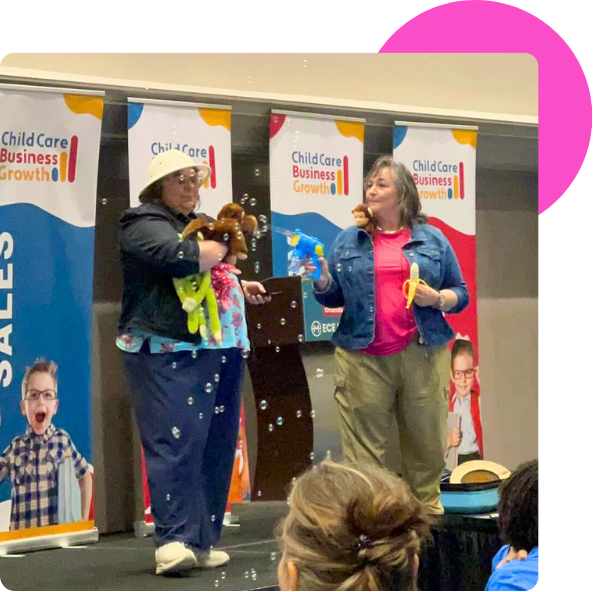Welcome to Texas Director
Welcome to Texas Director, your trusted partner in early childhood education leadership. Since 2002, we've empowered over 10,000 directors nationwide, impacting the lives of more than several million children, educators, and families.
Welcome to Texas Director
Welcome to Texas Director, your trusted partner in early childhood education leadership. Since 2002, we've empowered over 10,000 directors nationwide, impacting the lives of more than several million children, educators, and families.
Choose From Our Most Popular Courses
New & Current Directors
Just starting? Well on your way?
We support you. With decades of experience
behind them, our courses were designed
for everyone.
Corporate
Accounts
Course
Catalog
Elevate Your Leadership Journey
At Texas Director, we offer more than just courses—we provide a comprehensive pathway to excellence in childcare administration. Our programs are designed to equip you with the skills and confidence needed to lead effectively.
Our Signature Programs:
Director Credential Programs
Tailored for aspiring and current directors, our state-approved credentialing program offers flexible learning formats, including self-paced online courses and interactive classroom sessions.
Annual Training Membership
Stay compliant and enhance your leadership skills with our membership program, providing 40 clock hours of director-specific training annually.
Continuing Education
Training for directors by directors and early education leaders.
Why Choose Texas Director?
Proven Success:
Join over 3000 graduates in earning your director credential.
Expert Instructors:
Learn from seasoned professionals with extensive experience in childcare administration and business management.
Comprehensive Resources:
Our courses utilize the best - high energy videos, best selling books, check lists, coursework based on best selling books, workbooke.
Want to hear from us as we grow?
Get notified when we add new courses, offer additional membership options, and more by joining our email list!

Take the Next Step
Embark on your journey to becoming a confident and effective childcare director with Texas Director. Explore our programs and services to find the perfect fit for your professional development needs.

At Texas Director, we believe that with the right training and support, you can transform your passion for early childhood education into impactful leadership. Join us and take the next step in your professional journey.








Texas Director ©2025 All Rights Reserved
